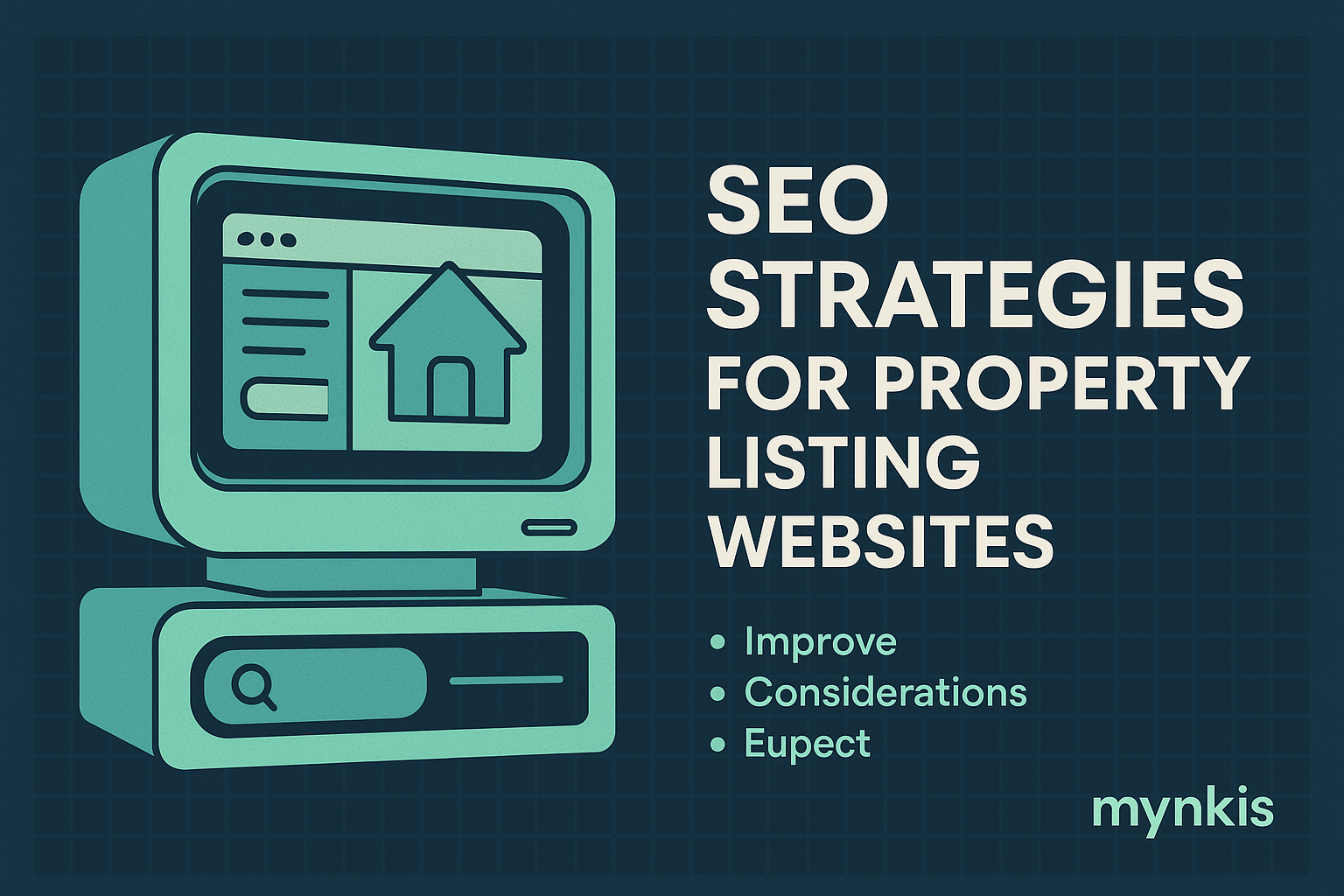Schedule a Demo
So, you've built a property listing website for brokers. Now comes the challenging part: making it rank well in search engines for local queries. The right SEO strategies can elevate your site's visibility, driving more traffic and, ultimately, more business. Let's dive into the key elements every developer should consider to harness the full potential of SEO for their real estate platform.
The foundation of any good SEO strategy is keyword research. I've found that for property listing sites, local keywords are the gold mine. Start by identifying the search terms potential homebuyers and renters use. Tools like Google Keyword Planner or SEMrush can provide insights into which local phrases have high search volumes and low competition. For instance, keywords such as 'apartments in San Diego' or 'homes for sale in Austin' can be pivotal in attracting the right audience.
This is not just about finding high-traffic keywords, but also understanding the searcher's intent. In my experience working with real estate developers, I've noticed that more specific phrases like 'luxury condos in Miami Beach' tend to have higher conversion rates because they're more targeted to what people actually want to buy or rent.
Once you've nailed down your keywords, it's time to strategically place them throughout your website. Your title tags, meta descriptions, and headings should include your target keywords. For instance, if your focus keyword is 'houses for sale in Portland', make sure it's in your title tags like <title>Houses for Sale in Portland - Find Your Dream Home Today</title>. This not only helps with SEO but also tells visitors immediately what they're going to find on your site.
But SEO isn't just about stuffing keywords into your HTML. Ensure that each page has a clear structure, with H1 tags for the main heading and H2 or H3 tags for subheadings. For brokers' sites, this might mean having H1s like <h1>Homes for Sale in Atlanta</h1> followed by H2s such as <h2>Browse Luxury Estates</h2> and <h2>Affordable Family Homes</h2>.
With so many people using their phones to search for properties, your website absolutely has to be mobile-friendly. Google uses mobile-first indexing, which means that if your site doesn't work well on phones, your SEO will suffer. Ensure your website is responsive, load times are fast, and touch elements are easy to use.
When I'm helping developers optimize for mobile, one approach I often advocate is using accelerated mobile pages (AMP). AMPs can make your pages load faster, which boosts user experience and can positively impact your search rankings.
Local SEO is critical for property listing websites targeting specific areas. Include location-specific content on your pages, and make sure you're optimizing your site for local search features like Google My Business. In my experience, well-optimized listings on Google My Business significantly enhance visibility in local search results.
Another powerful tactic is to create local landing pages. If your website serves multiple regions, consider creating dedicated pages for each city or neighborhood, optimizing them with relevant local keywords. For example, a page dedicated to 'Santa Monica real estate' will likely perform well in local searches because it's highly targeted.
Behind the scenes, technical SEO can make or break your rankings. First, ensure that your website has a proper site structure to make it easy for search engines to crawl and index. Use sitemaps to outline the structure and ensure that all property listings are linked correctly to avoid any crawl errors.
Speed is another technical factor that Google takes seriously. Use tools like Google PageSpeed Insights to identify areas for improvement. High-quality images of properties are crucial, but they can slow down your site if not optimized correctly. I usually recommend compressing images and using next-gen formats like WebP to keep load times snappy.
Content plays a huge role in SEO. Create engaging, informative blog posts or guides about the local real estate market, insights into the buying process, or trends in home design. Use keywords naturally within the content to boost relevance, but keep the main focus on delivering value to your audience.
For example, writing detailed neighborhood guides with keywords like 'living in Seattle' can draw in potential buyers interested in moving to that area. It not only helps with SEO but also positions your site as a valuable resource, encouraging people to return and use your services.
Backlinks remain a critical factor in SEO. Encourage real estate agents, brokers, and other reputable websites to link back to your property listings. This can enhance your site's authority and rankings. In my work with developers, we often engage in local community activities and events to foster these connections and earn natural backlinks.
Internal linking is equally important. Create a seamless browsing experience by linking related property listings and content pieces within your site. This not only helps with SEO but also keeps users engaged, increasing the chances they'll spend more time on your site and find exactly what they're looking for.
Lastly, you've got to keep tabs on your SEO performance. Use tools like Google Analytics and Google Search Console to monitor your rankings, traffic, and user engagement. Regularly update your strategy based on the insights you gather. In my projects, I always advise developers to look at the data and adjust their approach quarterly to stay ahead of the curve.
By focusing on these SEO strategies, developers can build property listing websites that not only look good but also rank highly for local queries. This is more than just technical wizardry; it’s about understanding your audience and delivering a platform that meets their needs and gets the visibility it deserves.
